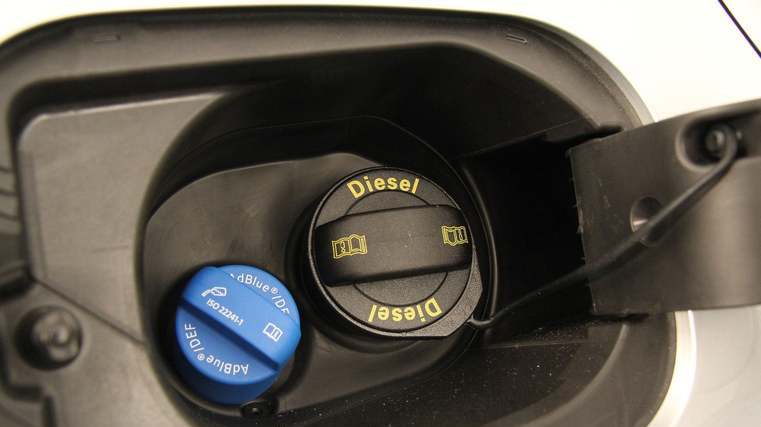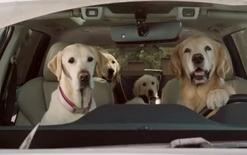NZ to dodge AdBlue shortage

The domestic production of urea should be strong enough to keep diesel vehicles on Kiwi roads when those overseas may hit red lights.
The automotive industry is confident New Zealand should avoid being impacted by an international shortage of the emissions-reducing additive fluid that’s vital to keep modern diesel engines operating.
Australia is the latest country to be affected by a global scarcity of diesel exhaust fluid (DEF), best known as AdBlue, which is used to reduce harmful pollutants emitted by diesel-powered vehicles.
It's used in an increasing number of new diesel passenger models, and is also required by most new heavy vehicles.
The challenge across the Tasman is the need to import urea, mainly from China where production stopped as part of a national energy-saving programme.
For New Zealand, however, it’s a homegrown product from a plant in Kapuni, near New Plymouth, which makes this chemical from natural gas primarily for use in agriculture and most commonly in nitrogen fertiliser.
It is also used in some manufacturing processes including making AdBlue, says David Crawford, chief executive of the Motor Industry Association, which has liaised with suppliers and affiliated groups and has been assured there will be no shortage in New Zealand.
He adds his members feel assured this country has a robust supply chain for DEF and that, as long as customers continue to buy at usual volumes and avoid stockpiling, there will be no supply issues here.
DEF is vital to the operation of many modern diesel engines and is used in a process called selective catalytic reduction.
Commonly an injector mounted in the exhaust pipe sprays the colourless, odourless ammonia-rich solution over gases which, when passing through a catalyst, causes a reaction that separates nitrogen oxide into nitrogen and oxygen components.
The system reduces – by up to 90 per cent – the amount of harmful nitrogen oxide released into the atmosphere. If a vehicle has run out of AdBlue, however, generally there are problems – often it will go into limp mode or not start.
Depending on use, an AdBlue-equipped diesel car will typically only need a 10-litre refill around every 10,000-15,000km.
Medium to large commercials and trucks have been using AdBlue for some time to comply with Euro 5 and Euro 6 emissions standards.
Passenger cars and SUVs have followed suit. Many European diesel models now tend to have the system. Most have a filler with a blue cap next to the main fuel filler.
Several one-tonne utes have the system, but these operate under more lenient emissions rules, reports www.motoring.nz.com.





